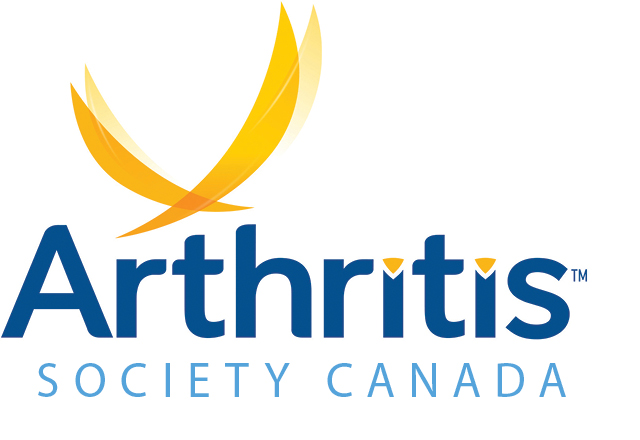Spring 2025 (Volume 35, Number 1)
Top 10 Research Breakthroughs Funded by Arthritis Society Canada
Download PDF

Arthritis Society Canada is proud to share some remarkable strides made in 2024 through its Top 10 Research Advances of the year at arthritis.ca/top10research.
From developing AI-powered tools to accelerate osteoarthritis diagnosis and monitoring, to implementing new models to improve access to rheumatoid arthritis care, research funded by Arthritis Society Canada is transforming our understanding of arthritis diagnosis, treatment and prevention.
Featured in the Top 10 list is a study by Dr. Mark Harrison at the University of British Columbia and Arthritis Research Canada, exploring how integrating nurses into clinics in British Columbia accelerates access to rheumatoid arthritis care. By reducing wait times for disease-modifying antirheumatic drug (DMARD) prescriptions, this multidisciplinary care model enhances early diagnosis and treatment. If the model is further improved and expanded, it could make a tremendous difference in improving the health outcomes of patients.
Another groundbreaking study by Dr. Mohit Kapoor from the Schroeder Arthritis Institute at the University Health Network also made it on to the top 10 list.
Dr. Kapoor and his team are focusing on the infrapatellar fat pad (IFP), the largest fat pad in the knee joint, analyzing IFP samples to understand how different cell types are distributed and interact with each other. The research is uncovering molecular patterns in IFP cells linked to knee osteoarthritis, including differences between male and female patients and those with obesity. This detailed knowledge could open doors to novel treatments.
These advances demonstrate the remarkable strides possible through targeted research investments.
Discover the complete list of the Top 10 Research Advances of 2024 at arthritis.ca/top10research.
|




